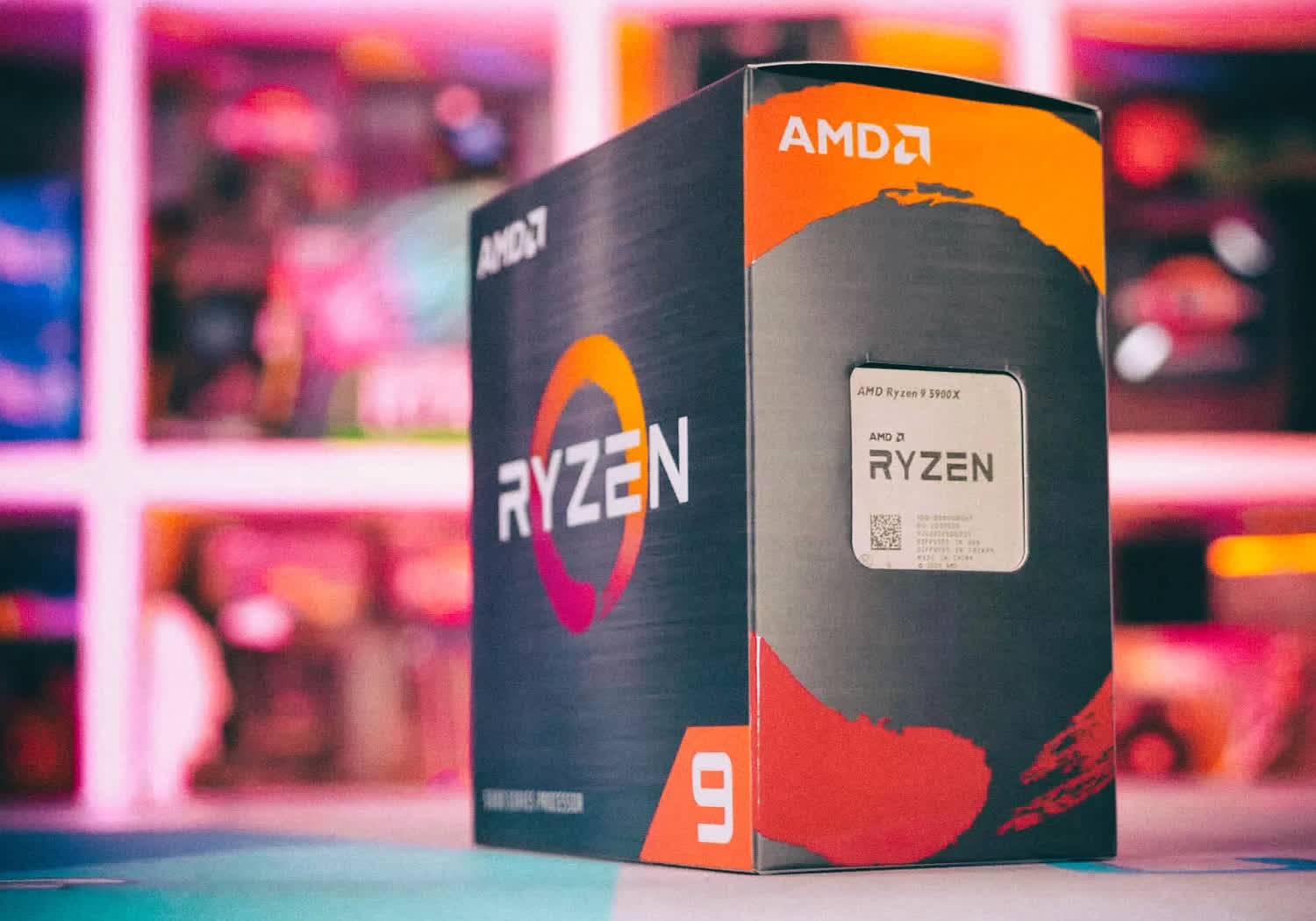I wonder how long AMD can keep this up. Such large IPC gains in a short time is impressive, a lot of it seems to come from reduction sin inter core latency and improvements to the memory controller. How many more low hanging fruit are left in that regard?
Yeah ARM is still a pipe dream. The fact that Apple, despite seeing massive "jumps" in performance and efficiency, is still using intel processors in their more powerful macs speaks volumes as to how capable their ARM processor actually is.
ARM can be good, if you optimize your software for it. Even then, as adobe on the surface X showed, even with those optimizations ARM still struggles with heavier workloads compared to ULV x86. An appropriate ARM core with enough silicon to perform on the level of Zen or Core will likely pull as much power as either.
I'd also like to laugh at the shopping link for Amazon having a full page of ryzen 3000 processors and not a single 5000 series of any type. They are not even listed on Amazon right now. "no supply issues" uh huh.
